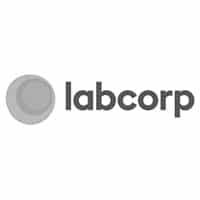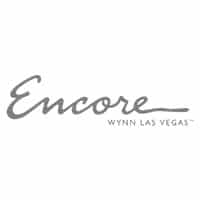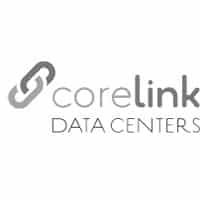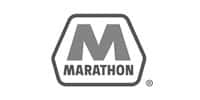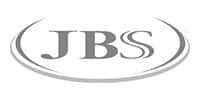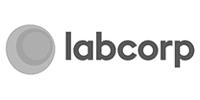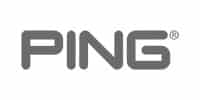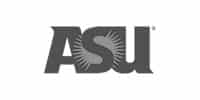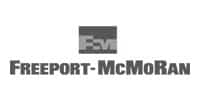Cloud computing has quickly insinuated itself into the stream of day-to-day online services and activities. Here at Titan Power we want you to reap the full benefits of cloud computing all while improving the overall performance of your data center and successfully keeping your new costs as low as possible. Learn how to properly balance new practices for cloud computing with sensible tips.
Centralized Thinking
One of your first ideas for cutting costs in your data center while boosting efficiency for cloud computing may be to centralize data. Doing so will undoubtedly allow you to better maintain all of your equipment in a single location where you may not need as many employees to keep operations running smoothly. The only downside to this centralized method is that you’re sure to take a financial blow in terms of scalability. Improved performance demands improved equipment, which means more energy use and more expensive equipment.
Rather than follow the trend of centralized storage, you’ll be better off with distributed storage systems. Educate yourself on new technology that gives you the ability to improve your software performance, which you might find more efficient than centralized data storage.
Sluggish Performance
Data bottlenecks are common when it comes to cloud computing. There are more users than ever, each of whom is expecting better performance in addition to a service provider who can easily handle larger files of videos, photos and music files. In addition to handling larger files, your storage system is also expected to scale to every new user.
To keep bottlenecks at a minimum, you’ll want to avoid single points of entry at all costs. We also recommend that you skip adding caches and instead opt for a horizontally scalable system. Now you can easily divide data among each of your connections, which also gives you the option of choosing affordable low-energy hardware.
Supply and Demand
Much more will be expected of your data center in terms of storage once you start offering cloud-based services. In addition to dealing with data bottlenecks caused by data flowing through a single gateway of standard storage appliances, you may also have to decide whether or not to start charging users in order to meet the new financial demands of cloud computing.
You don’t have to feel as though you have no choice but to use new hardware that seems to offer a better performance. Look into commodity hardware instead. Commodity-component servers are more affordable, don’t use as much energy and can be just as good as some of the newer equipment on the market.
Take your time and focus on the smaller details when it comes to implementing cloud computing with your current data center services. Get in touch with us here at Titan Power for more tips for raising your data center into the clouds.


